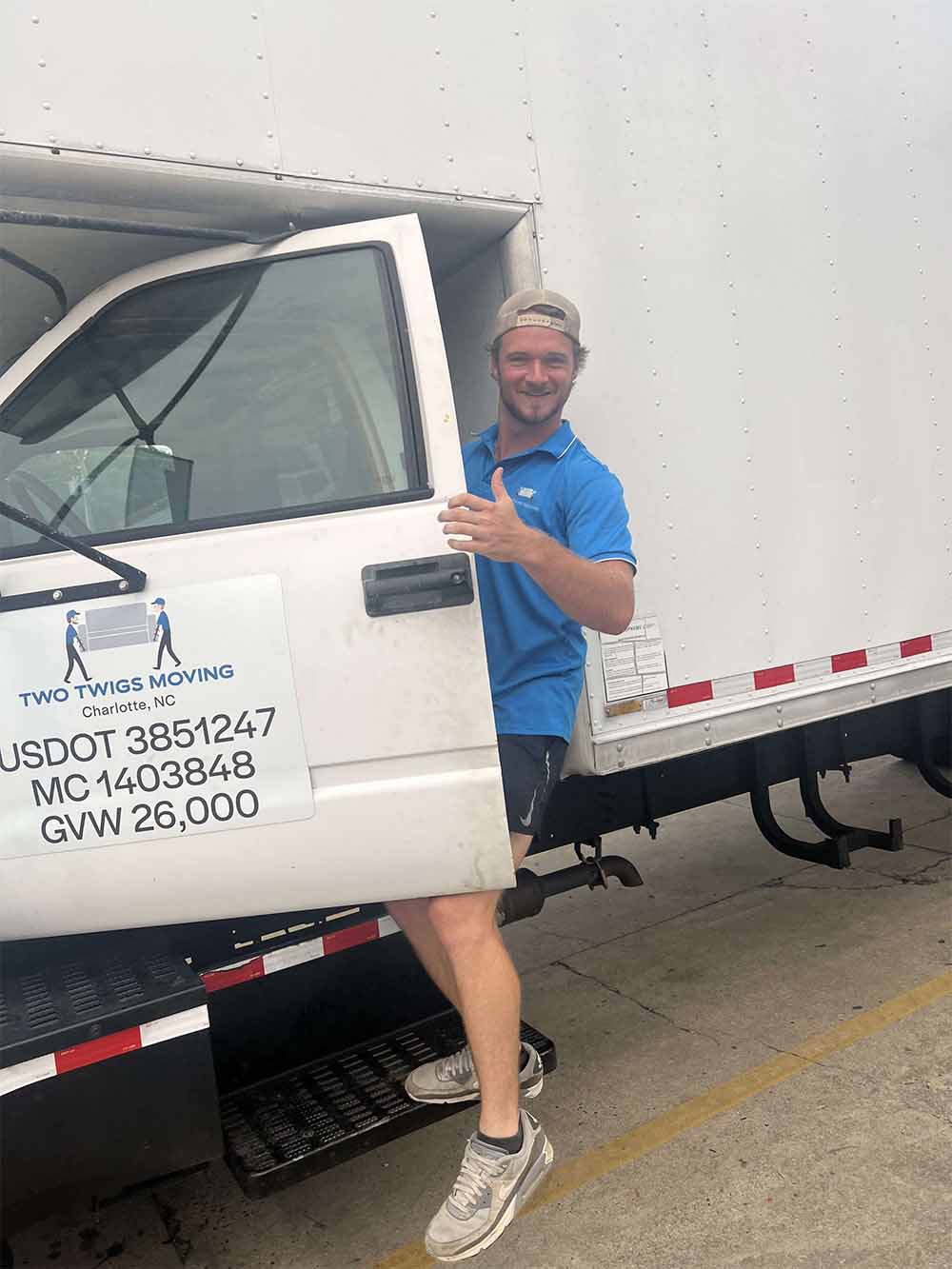Moving can be an overwhelming task, but proper planning and having the right amount of moving boxes and packing supplies can make the process smoother. Let’s delve into how to determine the adequate quantity of boxes and supplies you’ll need for your move.
Assess Your Inventory
Before diving into packing, take stock of your belongings. Categorize items based on fragility, size, and weight. This will give you a clear picture of the types and amount of packing materials required.
Estimate the Number of Boxes
Start by calculating the number of boxes needed for each category of items. Small items like books may require smaller boxes, while bulky items such as bedding may need larger ones. A general rule of thumb is to estimate about 10-12 small or medium-sized boxes per room and adjust accordingly based on your belongings.
Consider Specialty Boxes
Certain items like electronics, mirrors, and dishes may require specialty boxes for added protection during transit. Factor in these specialized boxes when determining your overall needs.
Gauge Packing Supply Requirements
Besides boxes, don’t forget about packing supplies like bubble wrap, packing paper, tape, and markers. These are essential for securing and labeling your belongings. Estimate the amount of each based on the number of boxes and the fragility of your items.
Account for Fragile Items
If you have delicate or breakable items, allocate extra packing materials to ensure their safety. Wrap fragile items generously with bubble wrap or packing paper and cushion them within the boxes to prevent any damage during the move.
Plan for Disposables
While it’s crucial to have an adequate amount of packing supplies, it’s also wise to consider what you’ll do with them after the move. Plan for disposing of or recycling any excess boxes and packing materials to avoid clutter in your new space.
Optimize Space
Maximize space efficiency by packing smartly. Utilize every inch of each box, filling gaps with packing paper or clothing to prevent shifting during transit. This not only reduces the number of boxes needed but also minimizes the risk of damage to your belongings.
By assessing your inventory, estimating box and packing supply requirements, and optimizing packing strategies, you can streamline the moving process and ensure a smooth transition to your new home. With careful planning and the right resources, moving doesn’t have to be a daunting task.


.svg)


